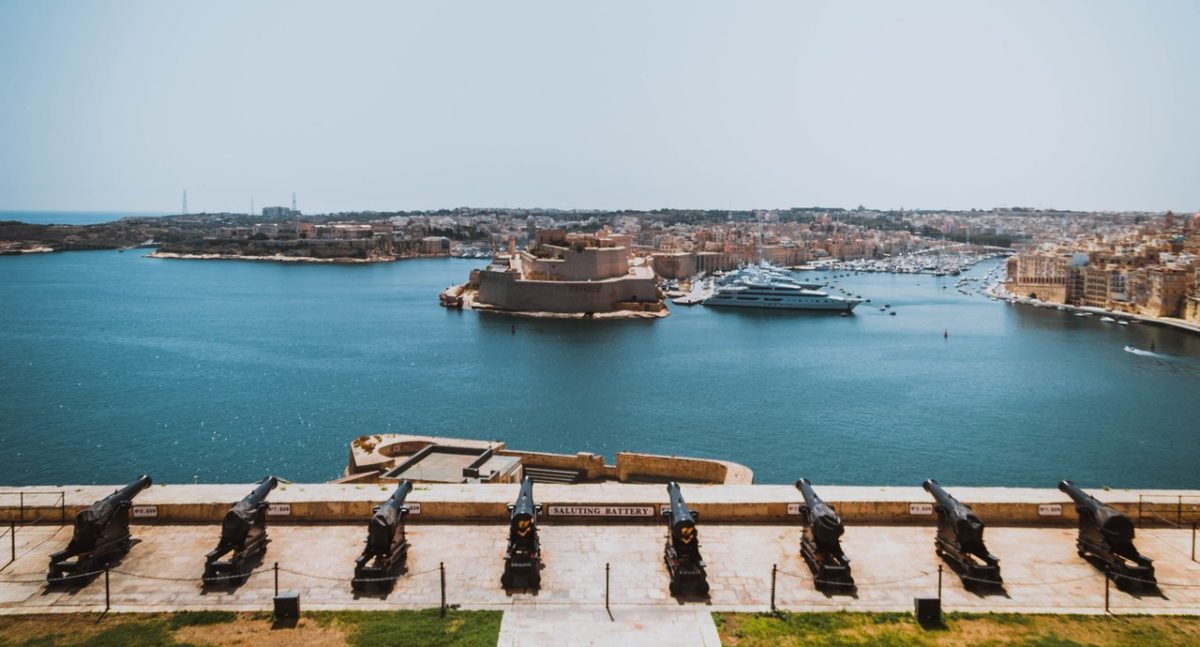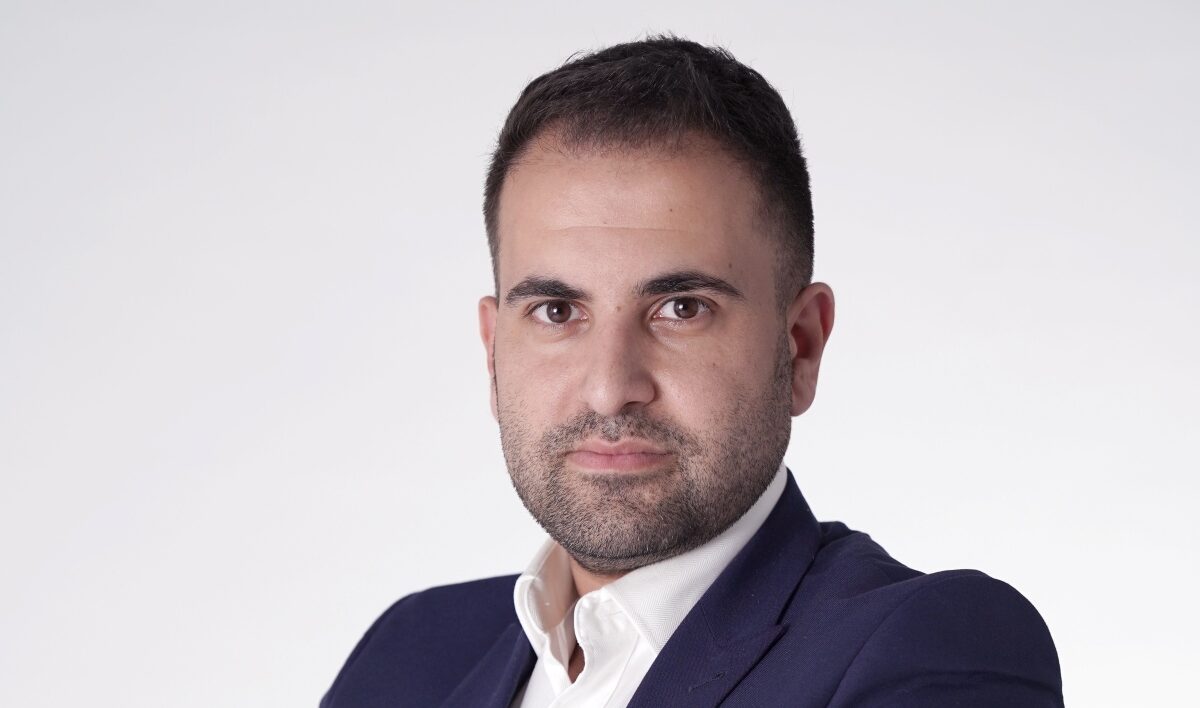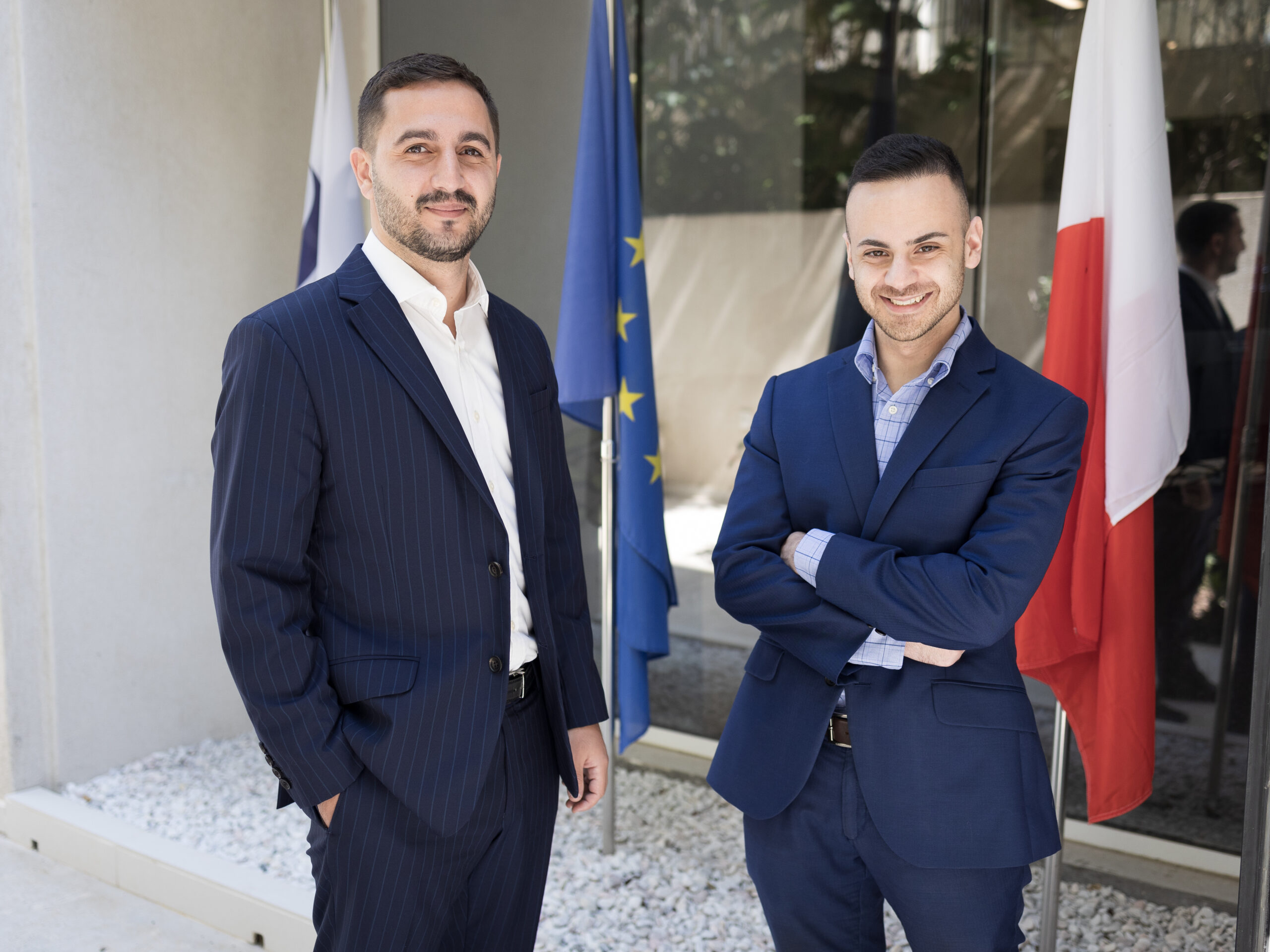
Politicians from Malta’s Labour and Nationalist Parties were, on Monday, reprimanded by James Scicluna, head of the gaming section at lobby group The Malta Chamber.
Dr Scicluna criticised the politicians, who were speaking during a debate ahead of the general election this Saturday, for competing to claim credit for which party had attracted the most Foreign Direct Investment (FDI) to the country.
The expert, who is also co-managing partner of business law firm, WH Partners and who lectures iGaming law at the University of Malta, interjected after the politicians, Economy Minister Silvio Schembri and National Party candidate Ivan Bartolo, spent a significant proportion of the debate wrangling over which party had attracted the most businesses to the country.
The truth of the matter
Despite Mr Scicluna’s rebuke, at least in terms of the continued support for the iGaming sector, Governments have strived to attract new companies, offering significant incentives for them to set up on the island – and celebrating their role when companies do decide to do so.
In October last year, for example, at an event attended by Minister Schembri, PressEnter announced its setting up of a new headquarters in Sliema, Malta.
Minister Schembri described this move as a “clear testament to the trust this industry has in this Government’s policy.”
Chief executive of PressEnter Lahcene Merzoug said that, when searching for a location to continue with its expansion, the company’s focus fell on several European jurisdictions, but that it was immediately decided to expand in Malta.
“A key factor is that Malta offers the best sought after talent in this industry, as well as the support that this sector requires, including the good relationship between the regulator, the MGA and Gaming Malta,” said Mr Lahcene.
Indeed, while the support of the MGA and the Government-backed Gaming Malta has been praised by iGaming firms in the country, the status of Malta as a ‘hub’ for the sector, replete with professionals and supplier firms is largely regarded as the reason firms come to and remain in Malta, especially considering the decline in relevance of the country’s B2C iGaming licence.
A political issue
The creation of new economic niches is the ‘holy grail’ for any Maltese business-orientated Government, and as such, especially in the run up to an election, political parties attempt to flaunt their records
A key example is Malta’s iGaming sector, which was launched during the early 2000s as a result of the Nationalist Government of the time’s regulation of the sector.
A local regulator, the predecessor for the Malta Gaming Authority (MGA), named The Lotteries and Gaming Authority (LGA), was set up in 2001 to regulate various sectors of the gaming industry to create a fair and safe environment for players and prevent crime (like corruption and money laundering).
With the Lotteries and Other Games Act of 2001, the country became one of the first EU countries to directly regulate the industry, and whilst it would be an oversimplification to state that it was smooth sailing from there, it is undeniable that the move was the first step to positioning Malta’s jurisdiction as one of Europe’s foremost.
Since then, Governments have failed to recreate this success. One example, cited during Monday’s debate, was a Labour Government’s attempt to turn Malta into a ‘Blockchain Island,’ as the home of the promising blockchain sector.
This ended in what is largely regarded to have been an embarrassing failure, and the man who coined the term has since abandoned the local community he helped to create.
Undeniably, the strength of Malta’s iGaming and its contribution as a job provider has been praised by local economists.
It’s not all rosy, however, with widespread banking limitations, Malta’s status as a greylisted jurisdiction and a rapid increase in the cost of living, more so with the cost of accommodation, means that the country’s next Government will have their work cut out for them.
Continue Reading
Together Gaming Solutions plc announces early redemption of its 5.9% unsecure callable bond
These bonds were originally issued in 2019 and scheduled to mature between 2024 and 2026
CasinoBonusesFinder: A fresh look at bonus finding in 2025
Since 2010, online platform CasinoBonusesFinder has helped players answer one essential question: Which casino bonus is truly worth my time?
Maintaining Malta’s edge in iGaming – CLA Malta weighs in
As emerging jurisdictions challenge Malta's iGaming dominance, CLA Malta’s experts outline the critical success factors
Malta among EU states cited in Germany’s black market gambling report
Malta, home to one of Europe’s largest iGaming sectors, was cited in a report’s data table









